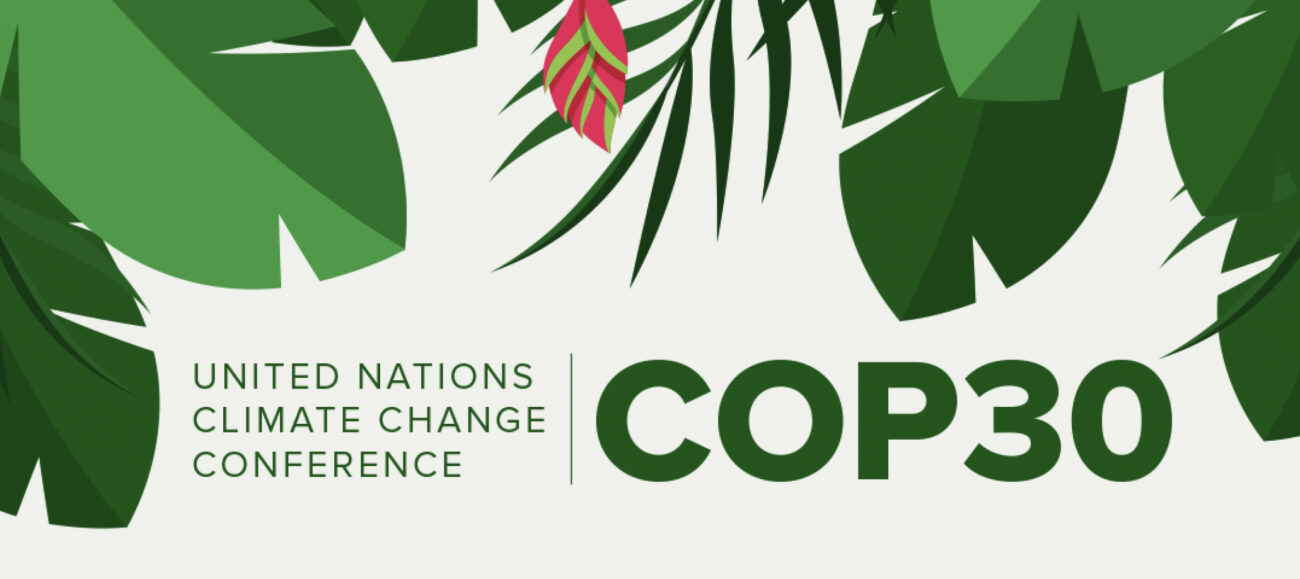
"As the world turns its attention to Belém, Brazil, this November, COP30 marks a critical milestone in the global climate agenda. Under the Paris Agreement, signed a decade ago, the third round of Nationally Determined Contributions (NDCs)-i.e., the national climate plans that define each country's adaptation and mitigation commitments-are now due. According to the agreement, countries must put forward new NDCs every five years, with the idea that each round of commitments must be more ambitious than the last."
"So far, 62 countries have submitted their NDCs 3.0, but over 60% of the parties have yet to share any new climate actions through 2035. But this year's conference takes place in the heart of the Amazon-a region that is characterized by enormous biodiversity and the resilience of its communities leading the way in climate action. With this as backdrop, there's hope that COP30 will be a decisive space for announcing new targets, tracking progress, and aligning global efforts to avoid more intense climate disasters and protect future generations."
"As the first COP hosted in the Amazon, COP30 will likely bring to the forefront discussions on the intersection of climate, nature and justice- according to the Brazilian government, approximately 3,000 Indigenous people will arrive in Belém next month, and 1,000 participants are expected to participate in official negotiations. Issues such as biodiversity conservation, Indigenous communities and climate adaptation will likely take center stage. In that regard, COP30 is not just another summit; it's an opportunity to translate ideas into transparent, effective and inclusive climate action."
COP30 in Belém coincides with the deadline for the third round of Nationally Determined Contributions under the Paris Agreement. Sixty-two countries have submitted NDCs 3.0, while over 60% of parties have not reported new climate actions through 2035. The conference takes place in the Amazon, a region of vast biodiversity and resilient communities, and expects significant Indigenous participation. Key topics likely include biodiversity conservation, Indigenous communities, climate adaptation, and the intersection of climate, nature and justice. The venue presents opportunities to announce targets, track progress, and pursue transparent, effective, and inclusive climate action.
Read at State of the Planet
Unable to calculate read time
Collection
[
|
...
]